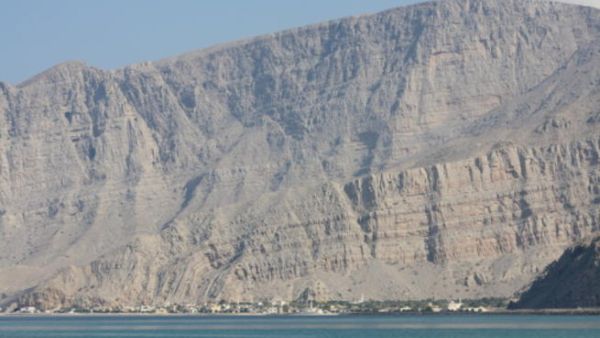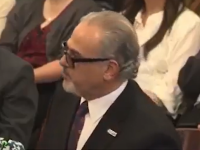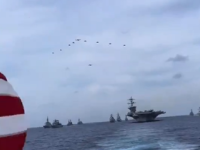Iran underlined its threat to cut off one of the world’s most important oil passageways if fresh sanctions are imposed on its crude exports by attempting to present a stranglehold on the Strait of Hormuz.
Iran’s navy chief, Habibollah Sayyari, told Iran’s English language Press TV: “Closing the Strait of Hormuz, for Iran’s armed forces is really easy... or as Iranians say, it will be easier than drinking a glass of water.” “But right now, we don’t need to shut it as we have the Sea of Oman under control and we can control the transit,” said Sayyari, who is leading 10 days of exercises in the Strait.
Tension has increased between Iran and the West after EU foreign ministers decided three weeks ago to tighten sanctions on the world’s No. 5 crude exporter over what the UN nuclear watchdog says is an attempt to design an atomic bomb. The ministers left open the idea of an embargo on Iranian oil.
Iran, which has maintained that it is developing nuclear energy for peaceful purposes, warned on that it would stop the flow of oil through the Strait of Hormuz in the Gulf if sanctions were imposed on its crude exports.
The announcement over the possible closure of the only access channel for eight countries to foreign markets, pushed up international oil prices on Tuesday although they slipped back yesterday in thin trade and as the market dismissed Iran’s threat as rhetoric.
Saudi oil ministry official said that OPEC kingpin Saudi Arabia and other Gulf producers were ready to step in if necessary, which will further help calm markets. Saudi Arabia, the world’s largest oil producer, has been producing about 10 million barrels per day, leaving it more than two million barrels per day in spare capacity. The Kingdom is widely seen as the only producer able to offset production losses elsewhere. But others would also have to boost their output to accommodate a loss of exports from Iran.








